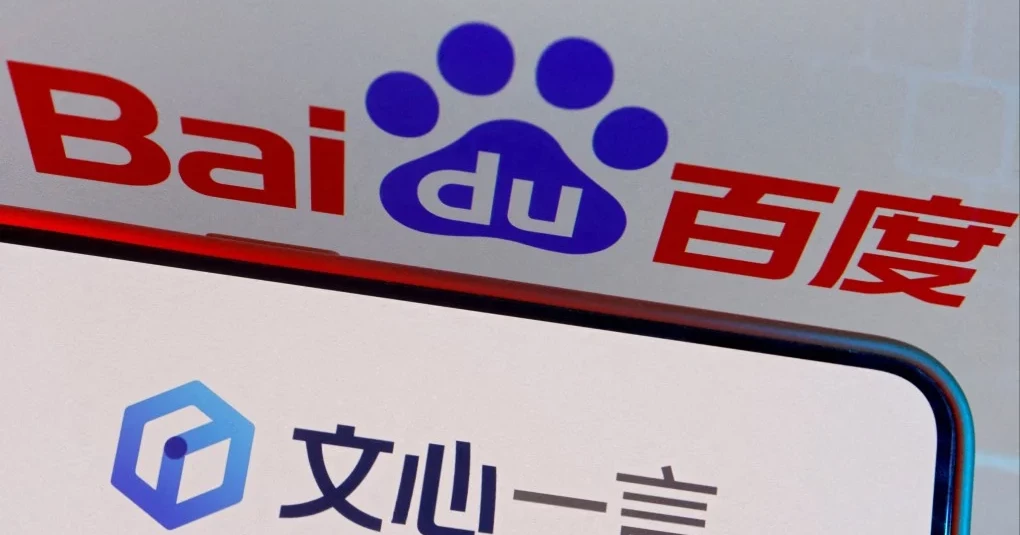Chinese tech giant Baidu has introduced two new artificial intelligence (AI) models, positioning them as superior to those of DeepSeek and OpenAI based on certain benchmarks, amid the intensifying competition in large language models (LLMs).
On Sunday, Baidu released its multimodal foundational model, Ernie 4.5, and its first multimodal reasoning model, Ernie X1, making them freely available on its website. According to Baidu, Ernie 4.5 outperformed OpenAI’s GPT-4o in several benchmark tests, including CCBench and OCRBench, with its multimodal capabilities covering images, audio, and video.
The text performance of Ernie 4.5 also surpassed DeepSeek V3 on multiple benchmarks, while being comparable to OpenAI’s GPT-4.5.
Can technology help more sexual assault survivors in South Sudan?
Baidu, which launched China’s first LLM in March 2023 following the launch of OpenAI’s ChatGPT, has faced growing competition from other Chinese tech giants in the AI sector. The latest move aims to maintain its foothold in China’s AI market, especially as competitors like DeepSeek, Alibaba, Tencent, and Bytedance have been rapidly gaining business and consumer users.
While Baidu did not provide benchmark results for Ernie X1, the company claimed it performs similarly to DeepSeek’s R1 reasoning model but at half the price. The pricing for business access to Ernie X1’s API is set at 2 yuan (US$0.28) per million token inputs and 8 yuan per million token outputs.
In comparison, DeepSeek charges US$0.55 per million token inputs and US$2.19 per million token outputs for its reasoning model, R1. The Hangzhou-based startup recently raised its API prices in response to growing demand.
Baidu’s founder, chairman, and CEO, Robin Li Yanhong, revealed last month that Ernie 4.5 would become open source by June 30, marking a shift from his previous stance on closed-source AI development. “One thing we learned from DeepSeek is that open sourcing the best models can greatly help adoption,” Li said during an earnings call with analysts in February. “When the model is open source, people naturally want to try it out of curiosity, which helps drive broader adoption.”
Despite these advancements in AI, Baidu’s business is still being impacted by weak ad revenue. The company reported a 2% year-on-year decline in total revenue for the fourth quarter, with its full-year revenue down by 1%.
Source: South China Morning Post
